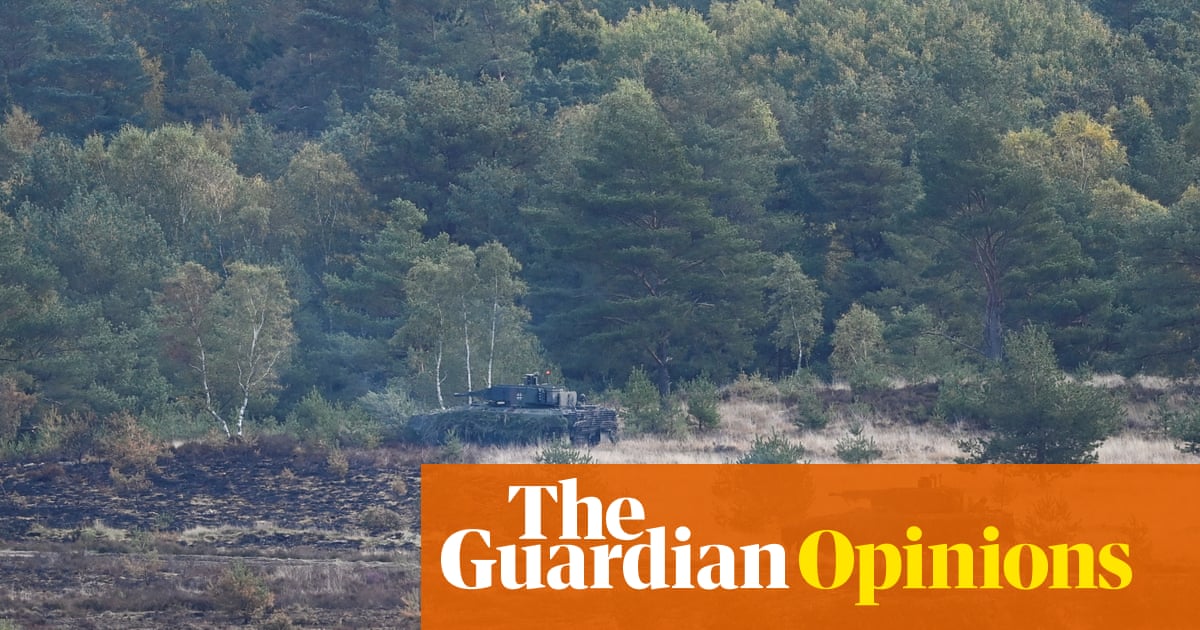
"The problem is not one of capacity. Europe, including the UK, collectively boasts about 1.5m active military personnel, and some of the world's most successful defence firms."
"Even defining a European army is difficult. Would it be a single force under the EU flag, combining the 27 national armed forces of the EU members into one common force?"
"The short answer is no one can agree on anything but disagreement. Squabbling might not be the best response to an increasingly assertive, hawkish and unpredictable Russian giant."
"Moscow's full-scale invasion of Ukraine made territorial defence a pressing concern. Suddenly, Europe remembered why armies exist."
European leaders have discussed the creation of a European army, but political disagreements hinder progress. Despite having significant military capacity, the challenge lies in leadership disputes among member states. Germany aims to lead, while Poland increases spending, France seeks prominence, and the UK retains a NATO focus. Defining the structure of a European army remains contentious, with no consensus on whether it should be a unified force or regional groupings. The situation is further complicated by concerns regarding Russia's actions and the motivation for collective defense.
Read at www.theguardian.com
Unable to calculate read time
Collection
[
|
...
]